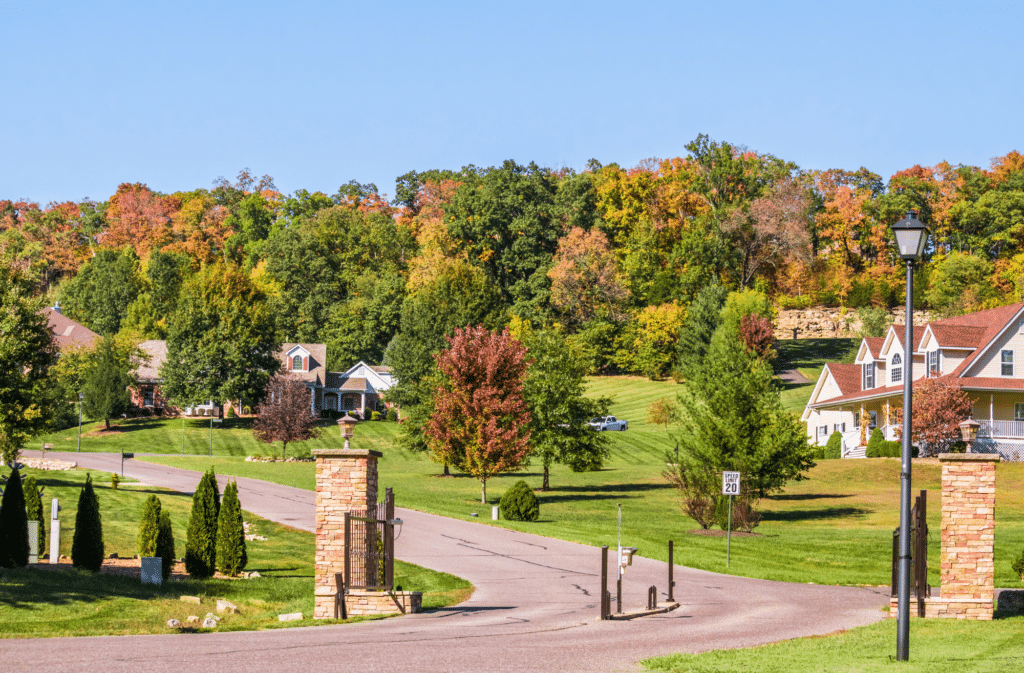Your septic tank may not be the first thing that comes to mind when you think about changes in weather, but it plays a crucial role in your home’s sanitation system. Weather fluctuations, whether it’s extreme heat, heavy rainfall, freezing temperatures, or prolonged droughts, can significantly impact the health and functionality of your septic system. Let’s dive into how various weather conditions can affect your septic tank and what you can do to ensure it continues to operate efficiently throughout the year!
Extreme Heat and Drought
- Increased Evaporation: During periods of extreme heat and drought, the soil around your septic system can dry out rapidly due to increased evaporation. This can lead to problems for your septic tank because it relies on the soil to naturally treat and filter wastewater. When the soil is excessively dry, it may not effectively absorb and filter the liquid waste, potentially causing backups or overflows.
- Water Conservation: In response to drought conditions, many homeowners reduce their water usage, which can be a double-edged sword for your septic system. While conserving water is generally a good practice, drastic reductions in water usage can lead to the concentration of solids and sludge in your septic tank, increasing the need for more frequent pumping.
- Mitigation: In hot weather, conserve water by fixing any leaks and avoiding excessive water use.
Heavy Rainfall and Flooding
- Saturation of Drain Field: Excessive rainfall and flooding can saturate the soil around your septic tank and drain field, preventing proper absorption of wastewater. When the drain field is waterlogged, it cannot efficiently filter and distribute effluent, leading to backups and sewage surfacing in your yard.
- Potential Contamination: Flooding can also increase the risk of contaminants, such as bacteria and viruses, entering your septic system. This can be a health hazard and may require additional precautions to ensure safe water usage in your home.
- Mitigation: To prevent oversaturation during heavy rainfall, consider installing a rain diverter or ensuring that your gutters are effectively directing water away from the septic tank area.
Freezing Temperatures
- Frozen Components: While we rarely have this in South Carolina, freezing temperatures can be a major concern for septic systems. Frozen components, such as inlet and outlet pipes or the septic tank itself, can lead to blockages and damage. When the system is frozen, it cannot function properly, potentially causing backups and costly repairs.
- Insulation and Winter Maintenance: Proper insulation and winter maintenance are essential for protecting your septic system during the winter months. Adding insulation around exposed pipes and using septic tank covers can help prevent freezing. Additionally, using your septic system regularly during the winter can generate enough heat to prevent freezing issues.
- Mitigation: To prevent freezing, consider insulating the septic tank and drainfield pipes and avoid compacting the soil over these components. You can also apply a layer of mulch or straw to help insulate the soil and prevent freezing.
Changes in weather can significantly impact the health and functionality of your septic tank. Being proactive and understanding how different weather conditions affect your system is crucial for preventing problems and costly repairs.
Regular maintenance, seasonal adjustments, and a basic understanding of your septic system’s needs will go a long way in ensuring it continues to operate efficiently year-round, regardless of the weather. Remember that consulting with a professional septic tank service provider is always a wise choice to address specific weather-related concerns.

